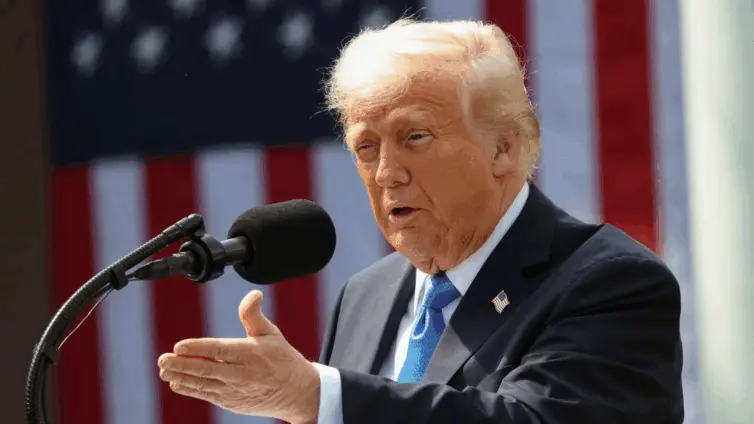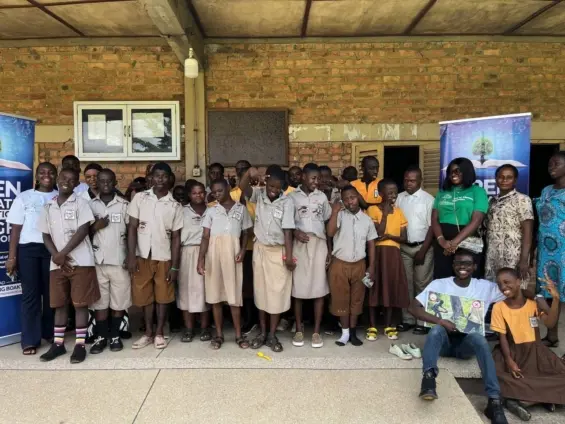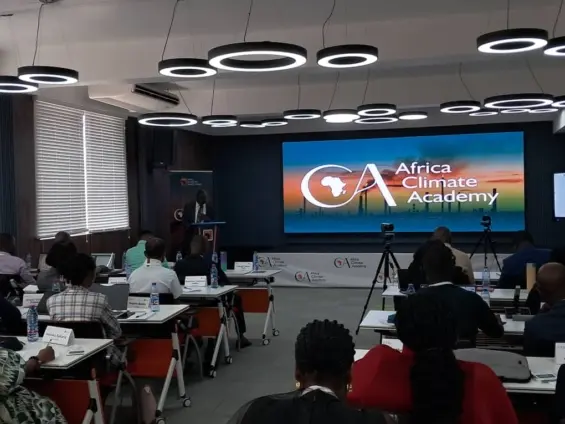The ability of Harvard University to enroll international students has been thrown into uncertainty following a recent decision by the Department of Homeland Security (DHS). The DHS’s action, effectively halting the enrollment process, has generated widespread concern among current and prospective students alike. At the heart of this disruption is the revocation of Harvard University’s certification under the Student and Exchange Visitor Program (SEVP) by the DHS.
This action raises critical questions about the future of international students at Harvard and other U.S. institutions. This article analyzes the reasons behind the Harvard Foreign Student Enrollment Ban, the immediate consequences for those affected, and the broader implications of the Trump administration’s actions targeting universities.
The DHS Revocation of Harvard’s SEVP Certification
The DHS’s decision to revoke Harvard’s SEVP certification stems from concerns raised by Secretary Kristi L. Noem regarding the university’s compliance with federal regulations and its handling of certain campus issues.
What is the Student and Exchange Visitor Program (SEVP)?
The Student and Exchange Visitor Program (SEVP) plays a crucial role in monitoring foreign students and ensuring their compliance with federal regulations. According to the DHS website, SEVP “collects, maintains, analyzes and provides information so only legitimate foreign students or exchange visitors gain entry to the United States.” It ensures that institutions accepting nonimmigrant students are duly certified and adhere to federal rules.
Reasons Cited by DHS Secretary Kristi L. Noem
In her letter to Harvard, Secretary Noem cited several reasons for the revocation. These included the university’s alleged refusal to provide requested records related to student misconduct, concerns about its diversity, equity, and inclusion (DEI) policies, and its handling of pro-Palestinian demonstrations. Secretary Noem stated, “It is a privilege to enroll foreign students, and it is also a privilege to employ aliens on campus.”
Harvard’s Response
At this time, Harvard University has not issued any official statements or responses regarding the revocation, but further information is sure to surface in the coming days as the school’s administration reviews its options.
Immediate Consequences for International Students
The revocation of Harvard’s SEVP certification has immediate and far-reaching consequences for both current and prospective international students.
Current Students
Current international students at Harvard now face a difficult choice: transfer to another institution or risk their legal status in the United States. Transferring involves navigating complex visa implications and logistical challenges, adding considerable stress to their academic pursuits.
Prospective Students
Prospective international students who had planned to attend Harvard are now in a state of uncertainty. Their academic plans are in disarray, and they must consider alternative enrollment options, potentially delaying or altering their educational trajectories.
Legal Status and Visa Concerns
International students who choose not to transfer face the risk of losing their legal status. Visa implications could force them to leave the country, disrupting their studies and future prospects.
The Broader Context: Trump Administration’s Actions Against Universities
The DHS’s action against Harvard is viewed by many as part of a broader pattern of the Trump administration targeting universities through financial and legal pressure.
Escalation of Efforts
This revocation is seen as an escalation of the Trump administration’s efforts to exert control over academic institutions. It follows previous actions, such as funding cuts and investigations into university policies.
Financial and Legal Pressure
The Trump administration has taken specific financial measures against Harvard, including the termination of federal grants totaling $60 million. Additionally, there has been a request to the IRS to revoke the school’s tax-exempt status, intensifying the pressure on the university.
Parallels with other Institutions
While Harvard is a prominent example, it is not alone. The Trump administration has targeted other universities with similar actions, raising concerns about academic freedom and the independence of higher education institutions.
Conclusion
The DHS revocation of Harvard’s SEVP certification has created a crisis for international students, both current and prospective. This action is part of a broader pattern of the Trump administration targeting universities, raising concerns about academic freedom and the future of international education. The implications of the Harvard Foreign Student Enrollment Ban extend beyond a single institution, signaling a shift in the government’s relationship with higher education. It is crucial for readers to stay informed and advocate for policies that support international students and academic institutions during this time of uncertainty.
Image Source: MYJOYONLINE





















